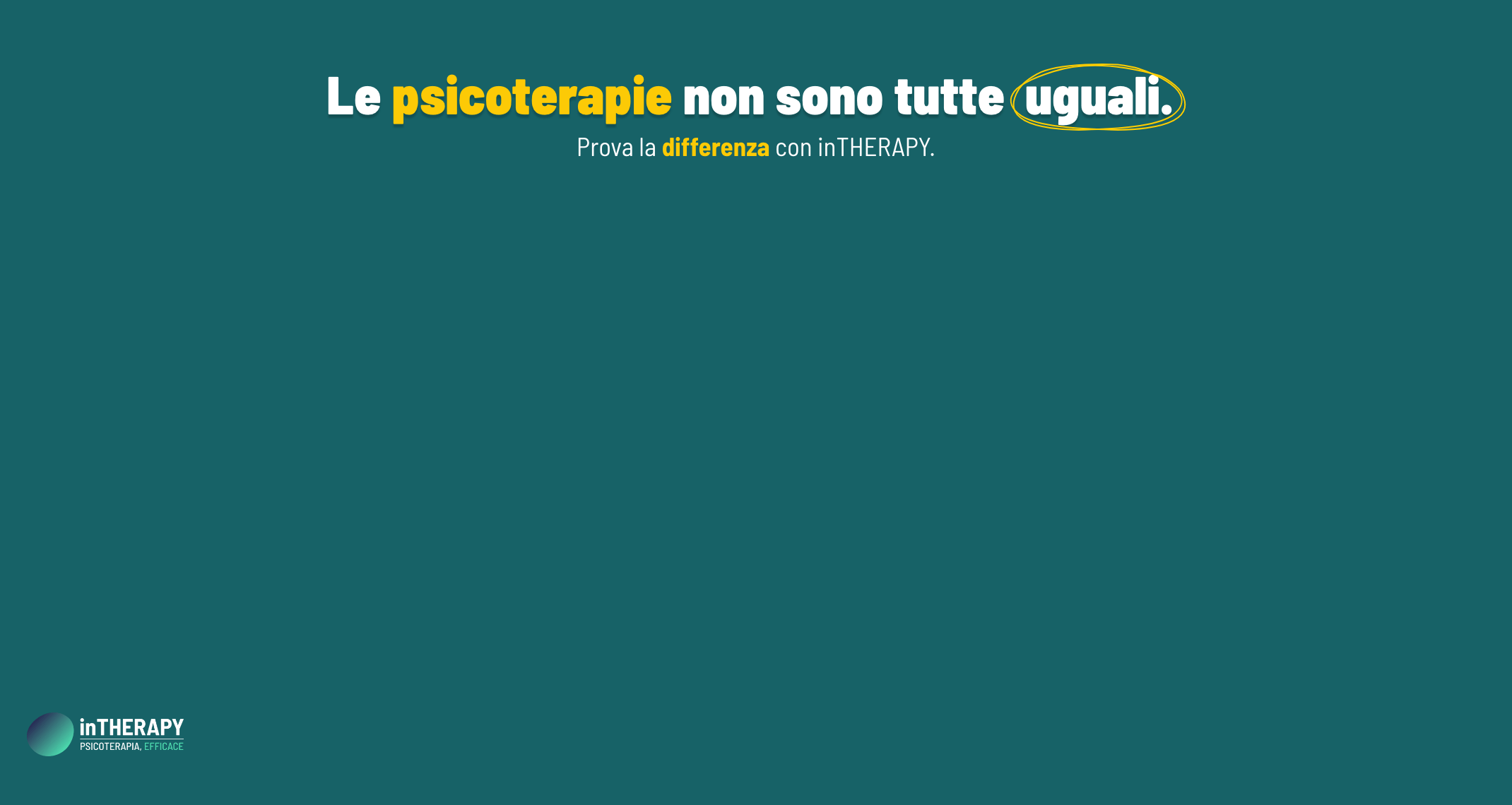The effectiveness of video feedback therapy. Part 5

Since the literature has shown that children who struggle to understand emotion are likely to develop behavior problems, recent research has investigated if mothers can be successfully trained to use more emotional and elaborative conversations with their children. This has recently been tested in the context of child oppositional behavior problems. Salmon, Dadds, Allen and Hawes (2009) provided 14 mothers of children (age three to eight) with oppositional behavior problems with Parent Management Training (PMT), which trained mothers to use reinforcement and teaching social learning strategies, and also trained them to be more elaborative and use a more emotion-rich style during conversations as well. These mothers were compared to 12 mothers provided with PMT only. Both groups of mothers received six sessions of training, which included watching videos of mother-child interactions. The videos watched by the experimental group encouraged mothers to use open-ended questions and emotion talk with their children while the video watched by the control group encouraged mothers to observe and encourage their children while they played.

The results demonstrated that across both types of training, experimental and PMT, children’s oppositional behaviour problems decreased over the course of the training. The children of mothers who were provided with training which focused on emotional language and elaborative styles, showed increased elaborative style and emotional references in conversations compared to the comparison group. The experimental group did not, however, alter children’s behaviour significantly more than the PMT only group.
These findings are particularly important as, in the context of psychopathology, the children of mothers who were trained to use more emotion words and be more elaborative demonstrated an increase in understanding of emotion themselves. Additionally, this increase was only shown in children of mothers trained in this style of discourse, not in the children of mothers trained in PMT only. Further research would benefit from additional investigation of the effect increased emotional understanding has on children with clinical psychopathology. Based on the literature, it could be argued that this increase of understanding could lead to less behavior and social problems.
BIBLIOGRAFIA:
- Izard, C.E. (2002). Translating emotion theory and research into preventive interventions. Psychological Bulletin, 128, 796 – 824.
- Denham, S, A., Blair, K. A., DeMulder., Levitas. J., Sawyer, K., Auerbach-Major, S., & Queenan, P. (2003). Preschool emotional competence: pathway to social competence? Child Development, 74, 238 – 256.
- Salmon, K., Dadds, M. R., Allen, J., & Hawes, D. J. (2009). Can emotional language skills be taught during parent training for conduct problem children? Child Psychiatry and Human Development, 40, 485 – 498.


